books
thoughts on books! 5/month.
When Your Sister Rules the Most Powerful Civilization on Earth
My Thoughts on Nefertiti by Michelle Moran

- a historical fiction novel by michelle moran
- told through the eyes of nefertiti's younger sister, mutnodjmet
- the characters must have been based on heiroglyphs because they were flatttttttt
- i commend moran on telling a story filled with real-life historical black spots and making it entertaining... but it just really wasn't compelling
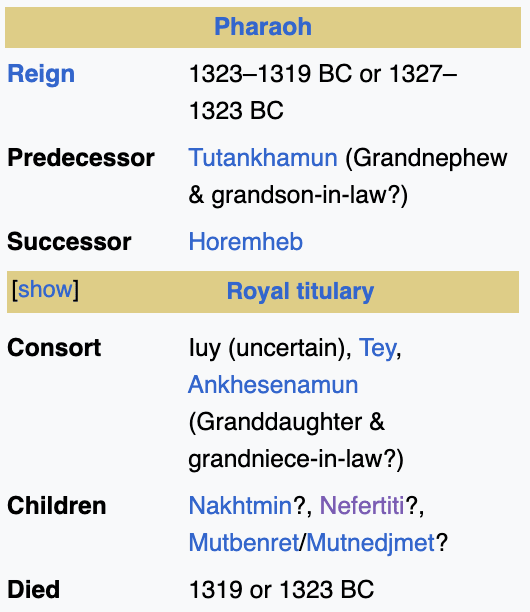
- the dialogue was based more around gossip than substance
- information of the court travels in a GoT like fashion (s1-2 that is...before all the killing started)
- to please
JofferyAhkenaten
- to please
- a tale about a people's relationship with their leaders and with their god(s)
- from the pharaoh to victoria
- a story about legacy, and how quickly your finest works will be lost to the desert for eternity, so enjoy your garden while you can plant in it
- “When the crowd was gone, I asked Thutmose, “Why is it that the women love you so much?” He thought for a moment. “Because I can make them immortal. When I find the right model I might use her for Isis, and when the winds of time erase her memory from her house, there will still be her face looking down from the temples.””
- “Nefertiti has not done what she was supposed to, I thought. Instead of risking her place as Chief Wife to sway Pharaoh, she’s protected it by goading him on.”
- family blames nefertiti for playing the games of the court but they wanted her to be their pawn, which isnt better. they tried to tame a storm that belonged to a person, not to egypt
- that said, nefertiti did spend an inordinate amount of the book being realllly annoying and jealous of every woman that was not her
- they say absolute power corrupts absolutely, but i dont know if ive ever seen it that way. i think that power magnifies certain attributes that all people share equally. if this werent the case, parents would not have to threaten their children with the eye of santa (sauron) to be good when they arent looking
- atticus finch is the same man at home as he is on the streets. the characters in this book would do well to follow his example!
- family blames nefertiti for playing the games of the court but they wanted her to be their pawn, which isnt better. they tried to tame a storm that belonged to a person, not to egypt
My Thoughts on Permanent Midnight
by Jerry Stahl
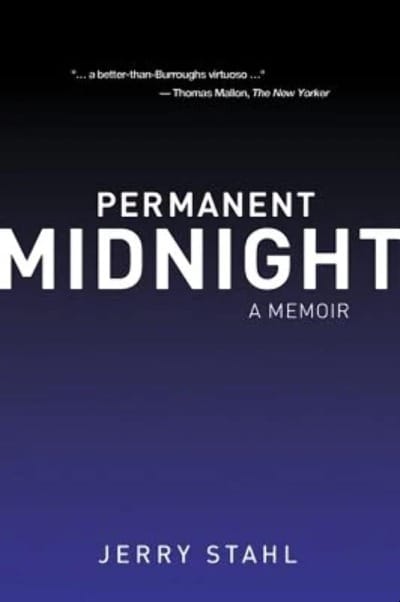
- an autobiography of alf and porno mag writer and la aficionado jerry stahl
- i wanted to like this book i really did
- i got the suggestion to read it from the netflix show loudermilk
- which the writers team took it upon itself to drop a few pop culture references per episodes like family guy
- i still have yet to watch the ben stiller movie, which may redeem the book
- some of jerry stahl's stories are very funny, some very sad and gritty
- his stories about his sex life are vivid (see example quote at the very bottom of this post for a great example of "show don't tell")
- overall it was repetitive, and there was a lot of whiplash moving from event to event
- quite impressive that he was able to live a long life filled withe events in spite of (or perhaps because of) his heroin addiction
- there's a lot you can learn about a person from the medicine cabinet in their bathroom
My Thoughts on Excellent Advice for Living
by Kevin Kelly
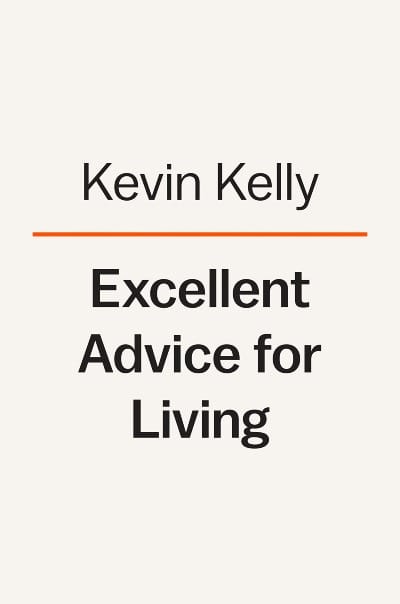
- a collection of tweet length ideas
- more memorable weirdly than the maxims from another book i read at the same time called maxims for thinking analytically (affl. link) despite the similarities in title and writing style
- “The very best thing you can do for your kids is to love your spouse.”
- and loving yourself is the best thing you can do for your spouse. so by the transitive property...
- “The quickest checkout line will be the one with the fewest people no matter the size of their carts.”
- cashiers vs pulling money out of wallets and repeating the same “how are you” conversation
- “At first, buy the absolute cheapest tools you can find. Upgrade the ones you use a lot. If you wind up using some tool for a job buy the very best you can afford.”
- spend a lot (read: without limit) on the thing you care about/hunt for, and little on everything else
- “Work to become, not to acquire.”
- hunters care little for their licenses once they have passed the hunter exam
- “All guns are loaded.”
- cautionary advice... but also hidden double advice about people who keep weapons in their home. they plan at least a little bit on using them someday, even if just in their minds eye. people don't buy things they don't have a plan for.
- “Take note if you find yourself wondering “Where is my good knife?” or “Where is my good pen?” That means you have bad ones. Get rid of those.”
- see "At first, buy the absolute cheapest tools you can find..." above
- “Be a pro. Back up your backup. Have at least one physical backup and one backup in the cloud. Have more than one of each. How much would you pay to retrieve all your data, photos, notes if you lost them? Backups are cheap compared to regrets.”
- record your work sessions. arbitrage, arbitrage, arbitrage.
- “Copying others is a good way to start. Copying yourself is a disappointing way to end.”
- childish gambino had an interview about some meme that was going around in 2013 on vine and how sad it is to make art to maintain success instead of chasing your own curiosity. he follows through on that to this day.
- “Your goal is to be able to say on the day before you die that you have fully become yourself.”
- don't die until you're dead
- “To be remarkable, read books.”
- well-read people can do things others simply cannot, see my well read series for more
7 Books I Read In 2023 That Live In My Head Rent Free
as a Creative Technologist
As 2023 comes to a close, I'd like to take a look at the books whose ideas have permeated deep into my brain stem. These are the creme de la creme of what I've read this year and these books have quite literally changed the way I think.
Below are the titles, as well as some questions you'll have answered if you choose to pick up a copy for yourself.
The Formula: Universal Laws of Success

Questions: What does it really mean to achieve success in life? Is talent innate or is it earned? Are some people more likely to succeed than others, and if so, why?
The Real World of Technology

Questions: What is the difference between a holistic technology and a prescriptive technology? Who (or what) does technology serve? Does a culture create technology or does a technology create its culture?
What I Talk About When I Talk About Running
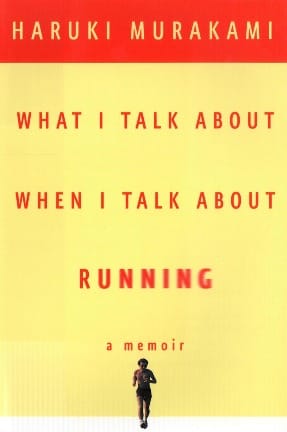
Questions: What does it mean to do whatever you want? Is writing a poison? What lessons can only be learned through the body? Is there any reason behind effort or pain?
The Beginning of Infinity: Explanations that Transform the World

Questions: Is humanity unique as we claim to be? What is a universal explainer? Do we have a moral imperative to save the planet we were born on? What is true creativity? Can infinity ever be reached?
Developer Hegemony

Questions: Why don't more developers have seats at leadership tables? What is the distinction between idealists, pragmatists and opportunists at companies? How fragile is your clientele relationship?
Finite and Infinite Games
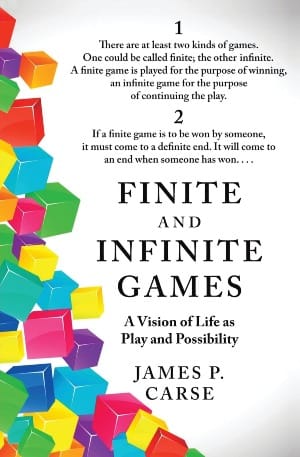
Questions: Why do winners grip so tightly to rules? What does it mean to "own" a title? What games will be played forever?
Gardens: An Essay on the Human Condition

Questions: Why do all human cultures have gardens? What is the difference between life and cultivation? What does it mean to care for something? What do we leave behind as the seasons slip by?
Men Without Women and the Other Books I Read in September 2023
quotes and ratings for the five books i read in september 2023
Editors Note: All the Links for the Books are Affiliate. If you buy a book, I get a little kick back. Thank you!!
Men Without Women
Rating: 5/5
“But, as far as I can tell, even if what you do isn’t normal, it’s not bothering anybody.” “Not right now.” “So what’s wrong with that?” I said. I might have been a little upset then (at what or whom I couldn’t say). I could feel my tone getting rough around the edges. “Who says there’s anything wrong with that? If you’re not bothering anybody right now, then so what? Who knows anything beyond right now anyway? You want to speak the Kansai dialect, then you should. Go for it. You don’t want to study for the entrance exam? Then don’t. Don’t feel like sticking your hand inside Erika Kuritani’s panties? Who’s saying you have to? It’s your life. You should do what you want and forget about what other people think.” (Location 926)
But when I look back at myself at age twenty, what I remember most is being alone and lonely. I had no girlfriend to warm my body or my soul, no friends I could open up to. No clue what I should do every day, no vision for the future. For the most part, I remained hidden away, deep within myself. Sometimes I’d go a week without talking to anybody. That kind of life continued for a year. A long, long year. Whether this period was a cold winter that left valuable growth rings inside me, I can’t really say. At the time I felt as if every night I, too, were gazing out a porthole at a moon made of ice. A transparent, eight-inch-thick, frozen moon. But no one was beside me. I watched that moon alone, unable to share its cold beauty with anyone. Yesterday Is two days before tomorrow, The day after two days ago. I hope that in Denver (or some other faraway town) Kitaru is happy. If it’s too much to ask that he’s happy, I hope at least that today he has his health, and all his needs met. For no one knows what kind of dreams tomorrow will bring. (Location 1033)
“When I read this, it shocked me. If the time and place had been different, I might very well have suffered the same terrible fate. If for some reason—I don’t know why—I was suddenly dragged away from my present life, deprived of all my rights, and reduced to living as a number, what in the world would I become? I shut the book and thought about this. Other than my skills as a plastic surgeon, and the trust I’ve earned from others, I have no other redeeming features, no other talents. I’m just a fifty-two-year-old man. I’m healthy, though I don’t have the stamina I had when I was young. I wouldn’t be able to stand hard physical labor for long. The things I’m good at are selecting a nice Pinot Noir, frequenting some sushi restaurants and others where I’m considered a valued customer, choosing stylish accessories as gifts for women, playing the piano a little (I can sight-read simple sheet music). But that’s about the size of it. If I were thrown into a place like Auschwitz, none of that would help.” I agreed with him. In a concentration camp Pinot Noir, amateur piano performances, and sparkling conversational skills would be totally useless. (Location 1275)
Mindbody Prescription

Rating: 1/5
The purpose of a defense mechanism (in this case physical symptoms) is to divert people’s attention to the body, so that they can avoid the awareness of or confrontation with certain unconscious (repressed) feelings. (Location 263)
Retirement is generally “dangerous to your health,” whether you’re a man or a woman. The loss of status, the change of pattern and lifestyle almost invariably produce disturbing internal reactions that may cause emotional or physical symptoms. Some of the strongest feelings arise in the nonworking wife of a retiree. Now you have to interact with your husband all his waking hours; you may find yourself cooking three meals a day. One woman remarked that it’s like having a teenager around the house again. (Location 325)
Perfectionism is the predominant personality characteristic in many of my patients. In others, however, a closely related compulsion—the need to be good—is primary. These people are driven to be helpful, often to the extent of sacrificing their own needs. They have a desire to ingratiate, to want everyone to like them. Cultural or religious influences can enhance this tendency. Society mandates that you be a good son or daughter, a good spouse, a good parent, a congenial fellow-worker. This powerful drive, like perfectionism, seems to stem from deep feelings of inadequacy. What’s wrong with striving to be perfect and good? Doesn’t that benefit everybody? From a social and interpersonal perspective, it’s wonderful, but it also engenders great internal anger. Though we may consciously want to be and do good, the narcissistic self does not have such an imperative. Indeed, it reacts with anger at the imposition. Add to this the unconscious anger at not being fully appreciated for our efforts and, worst of all, the anger at ourselves for not living up to our own expectations. Remember, the unconscious is often irrational. A young mother with a newborn, whom she loves dearly, is very worried about doing things right, and she’s up half the night. Completely preoccupied with being a mother, she is unaware that she is unconsciously angry at the baby. Many of my patients have found it difficult to accept the idea that parents may be unconsciously angry at their children. (Location 573)
What Tech Calls Thinking

Rating: 5/5
In the dominant discourse about dropping out, several things are equated that in our own lives we know to be unequal: university equals the courses you took; the courses you took equal the courses that prepared you for eventual business success. To be clear: Zuckerberg wasn’t advising that you drop out of college when he brought up his Harvard side projects. He gave the example to illustrate the importance of being creative “outside of the jobs you’ve done.” So, once again, CNBC’s framing is off, but at the same time, Zuckerberg is perhaps revealing how he thought of college: It was his first job. He stuck it out long enough to learn what he needed to learn, but when it turned stale and a new opportunity came along, he hopped firms. Anyone who’s watched people switch jobs in tech, especially in Silicon Valley, has seen this habit in action: there is a genuine fear among young and talented tech workers in Silicon Valley of staying too long at a company whose luster has dimmed, whose tech no longer gets anyone excited. There’s the panic in people’s eyes as they admit to being at the same startup that still, even after two or three years, no one has heard of and no one cares about. (Location 259)
And what tech calls thinking may be undergoing a further shift. Fred Turner, a professor of communication at Stanford, traced the intellectual origins of Silicon Valley in his book From Counterculture to Cyberculture (2006). The generation Turner covered in that book came of age in the sixties, and if they made money in the Valley, they’re playing tennis in Woodside now; if they taught, they are mostly retiring. The ethos is changing. “As little as ten years ago,” Turner told me, “the look for a programmer was still long hair, potbelly, Gryffindor T-shirt. I don’t see that as much anymore.” The generation of thinkers and innovators Turner wrote about still read entire books of philosophy; they had Ph.D.s; they had gotten interested in computers because computers allowed them to ask big questions that previously had been impossible to ask, let alone answer. Eric Roberts is of that generation. He got his Ph.D. in 1980 and taught at Wellesley before coming to Stanford. He shaped into the form they take today two of the courses that together are the gateway to Stanford’s computer science major. CS 106A, Programming Methodologies, and 106B, Programming Abstractions, are a rite of passage for Stanford students; almost all students, whether they are computer science majors or not, enroll in one or the other during their time at the university. Roberts’s other course was CS 181, Computers, Ethics, and Public Policy. Back in the day, CS 181 was a small writing class that prepared computer scientists for the ethical ramifications of their inventions. Today it is a massive class, capped at a hundred students, that has become one more thing hundreds of majors check off their lists before they graduate. Eric Roberts left Stanford in 2015, and today teaches much smaller classes at Reed College in Portland. As Roberts tells it, the real change happened in 2008, though “it almost happened in the eighties, it almost happened in the nineties.” During those tech booms, the number of computer science majors exploded, to the point where the faculty had trouble teaching enough classes for them. “But then,” Roberts says, “the dot-com bust probably saved us.” The number of majors declined precipitously when after the bubble burst media reports were full of laid-off dot-com employees. Most of those employees were back to making good money again by 2002, but the myth of precariousness persisted—until the Great Recession, that is, which was when what Roberts calls the “get-rich-quick crowd” was forced out of investment banking and started looking back at the ship they had prematurely jumped from in 2001. When venture capital got burned in the real estate market and in finance after 2008, for instance, it came west, ready to latch on to something new. The tech industry we know today is what happens when certain received notions meet with a massive amount of cash with nowhere else to go. (Location 121)
In 2019, Jack Dorsey, the CEO of Twitter, explained in an interview with Rolling Stone that the true reason his platform was crawling with Nazi trolls was that users—his customers—were derelict in their duties. “They see things,” he complained, “but it’s easier to tweet ‘get rid of the Nazis’ than to report it.” Twitter was happy to take responsibility for Tahrir Square, it seems, but Nazis are someone else’s problem. The promotional materials the companies put out claim revolutionary potential for their platforms, but in the end, the tech giants are always happy to get out of jail free by pointing out that they are not responsible for the content on those platforms. There is a tendency in Silicon Valley to want to be revolutionary without, you know, revolutionizing anything. (Location 629)
The Way of Kings

Rating: 5/5 (ongoing)
When she drew, she didn’t feel as if she worked with only charcoal and paper. In drawing a portrait, her medium was the soul itself. There were plants from which one could remove a tiny cutting—a leaf, or a bit of stem—then plant it and grow a duplicate. When she collected a Memory of a person, she was snipping free a bud of their soul, and she cultivated and grew it on the page. Charcoal for sinew, paper pulp for bone, ink for blood, the paper’s texture for skin. She fell into a rhythm, a cadence, the scratching of her pencil like the sound of breathing from those she depicted. (Location 2064)
“Syl?” he finally prompted. “Were you going to say something?” “It seems I’ve heard men talk about times when there were no lies.” “There are stories,” Kaladin said, “about the times of the Heraldic Epochs, when men were bound by honor. But you’ll always find people telling stories about supposedly better days. You watch. A man joins a new team of soldiers, and the first thing he’ll do is talk about how wonderful his old team was. We remember the good times and the bad ones, forgetting that most times are neither good nor bad. They just are.” (Location 6009)
The eastern horizon, inverted in his sight, was growing darker. From this perspective, the storm was like the shadow of some enormous beast lumbering across the ground. He felt the disturbing fuzziness of a person who had been hit too hard on the head. Concussion. That was what it was called. He was having trouble thinking, but he didn’t want to fall unconscious. He wanted to stare at the highstorm straight on, though it terrified him. He felt the same panic he’d felt looking down into the black chasm, back when he’d nearly killed himself. It was the fear of what he could not see, what he could not know. The stormwall approached, the visible curtain of rain and wind at the advent of a highstorm. It was a massive wave of water, dirt, and rocks, hundreds of feet high, thousands upon thousands of windspren zipping before it. In battle, he’d been able to fight his way to safety with the skill of his spear. When he’d stepped to the edge of the chasm, there had been a line of retreat. This time, there was nothing. No way to fight or avoid that black beast, that shadow spanning the entirety of the horizon, plunging the world into an early night. (Location 10098)
Command and Control

Rating: 5/5 (ongoing)
If an emergency war order arrived from SAC headquarters, every missile crew officer would face a decision with almost unimaginable consequences. Given the order to launch, Childers would comply without hesitation. He had no desire to commit mass murder. And yet the only thing that prevented the Soviet Union from destroying the United States with nuclear weapons, according to the Cold War theory of deterrence, was the threat of being annihilated, as well. Childers had faith in the logic of nuclear deterrence: his willingness to launch the missile ensured that it would never be launched. At Vandenberg he had learned the general categories and locations of Titan II targets. Some were in the Soviet Union, others in China. But a crew was never told where its missile was aimed. That sort of knowledge might inspire doubt. Like four members of a firing squad whose rifles were loaded with three bullets and one blank, a missile crew was expected to obey the order to fire, without bearing personal responsibility for the result. (Location 461)
At first, the British refrained from deliberate attacks on German civilians. The policy of the Royal Air Force (RAF) changed, however, in the fall of 1941. The Luftwaffe had attacked the English cathedral town of Coventry, and most of the RAF bombs aimed at Germany’s industrial facilities were missing by a wide mark. The RAF’s new target would be something more intangible than rail yards or munitions plants: the morale of the German people. Bombarding residential neighborhoods, it was hoped, would diminish the will to fight. “The immediate aim is, therefore, twofold,” an RAF memo explained, “namely, to produce (i) destruction, and (ii) the fear of death.” The RAF Bomber Command, under the direction of Air Marshal Arthur “Bomber” Harris, unleashed a series of devastating nighttime raids on German cities… (Location 994)
The dangers of fallout were inadvertently made public when a Japanese fishing boat, the Lucky Dragon, arrived at its home port of Yaizu two weeks after the Bravo test. The twenty-three crew members were suffering from radiation poisoning. Their boat was radioactive—and so was the tuna they’d caught. The Lucky Dragon had been about eighty miles from the detonation, well outside the military’s exclusion zone. One of the crew died, and the rest were hospitalized for eight months. The incident revived memories of Hiroshima and Nagasaki, sparking protests throughout Japan. When Japanese doctors asked for information about the fallout, the American government refused to provide it, worried that details of the blast might reveal the use of lithium deuteride as the weapon’s fuel. Amid worldwide outrage about the radiation poisonings, the Soviet Union scored a propaganda victory. At the United Nations, the Soviets called for an immediate end to nuclear testing and the abolition of all nuclear weapons. Although sympathetic to those demands, President Eisenhower could hardly agree to them, because the entire national security policy of the United States now depended on its nuclear weapons. (Location 2529)
The Real World of Technology and the Four Other Books I Read August 2023
Books I read in August -- with ratings and some curated quotes!
The Real World of Technology

4/5
As I see it, technology has built the house in which we all live. The house is continually being extended and remodelled. More and more of human life takes place within its walls, so that today there is hardly any human activity that does not occur within this house. All are affected by the design of the house, by the division of its space, by the location of its doors and walls. Compared to people in earlier times, we rarely have a chance to live outside this house. (Location 89)
Technology is not the sum of the artifacts, of the wheels and gears, of the rails and electronic transmitters Technology is a system. It entails far more than its individual material components. Technology involves organization, procedures, symbols, new words, equations, and, most of all, a mindset. (Location 102)
Today’s real world of technology is characterized by the dominance of prescriptive technologies. Prescriptive technologies are not restricted to materials production. They are used in administrative and economic activities and in many aspects of governance, and on them rests the real world of technology in which we live. While we should not forget that these prescriptive technologies are often exceedingly effective and efficient, they come with an enormous social mortgage. The mortgage means that we live in a culture of compliance, that we are ever more conditioned to accept orthodoxy as normal, and to accept that there is only one way of doing “it.“ (Location 271)
The Circle

4/5
She couldn’t stand it. Every day of that job, the eighteen months she worked there, she wondered if she could really ask Annie for a favor. She’d never been one to ask for something like that, to be rescued, to be lifted. It was a kind of neediness, pushiness—nudginess, her dad called it, something not bred into her. Her parents were quiet people who did not like to be in anyone’s way, quiet and proud people who took nothing from anyone. And Mae was the same, but that job bent her into something else, into someone who would do anything to leave. It was sickening, all of it. The green cinderblocks. An actual water cooler. Actual punch cards. The actual certificates of merit when someone had done something deemed special. And the hours! Actually nine to five! All of it felt like something from another time, a rightfully forgotten time, and made Mae feel that she was not only wasting her life but that this entire company was wasting life, wasting human potential and holding back the turning of the globe. The cubicle at that place, her cubicle, was the distillation of it all. The low walls around her, meant to facilitate her complete concentration on the work at hand, were lined with burlap, as if any other material might distract her, might allude to more exotic ways of spending her days. And so she’d spent eighteen months in an office where they thought, of all the materials man and nature offered, the one their staff should see, all day and every day, was burlap. A dirty sort of burlap, a less refined form of burlap. A bulk burlap, a poor man’s burlap, a budget burlap. Oh god, she thought, when she left that place she vowed never to see or touch or acknowledge the existence of that material again. And she did not expect to see it again. How often, outside of the nineteenth century, outside a general store of the nineteenth century, does one encounter burlap? Mae assumed she never would, but then here it was, all around her in this new Circle workspace, and looking at it, smelling its musty smell, her eyes welled up. “Fucking burlap,” she mumbled to herself. (Location 155)
She was allowed to turn off the SeeChange cameras in the room, but she found she rarely did. She knew that the footage she might gather, herself, for instance about movements during sleep, could be valuable someday, so she left the cameras on. It had taken a few weeks to get used to sleeping with her wrist monitors—she’d scratched her face one night, and cracked her right screen another—but Circle engineers had improved the design, replacing the rigid screens with more flexible, unbreakable ones, and now she felt incomplete without them. (Location 4263)
And shit, Mae thought, her throat tightening, did she really send a frown to a group of heavily armed paramilitaries in Guatemala? What if they had contacts here? Certainly there were plenty of Guatemalans in California, and certainly they would be more than happy to have a trophy like Mae, to punish her for her opprobrium. Fuck, she thought. Fuck. There was a pain in her, a pain that was spreading its black wings inside her. And it was coming, primarily, from the 368 people who apparently hated her so much they wanted her gone. It was one thing to send a frown to Central America, but to send one just across campus? Who would do that? Why was there so much animosity in the world? And then it occurred to her, in a brief and blasphemous flash: she didn’t want to know how they felt. The flash opened up into something larger, an even more blasphemous notion that her brain contained too much. That the volume of information, of data, of judgments, of measurements, was too much, and there were too many people, and too many desires of too many people, and too many opinions of too many people, and too much pain from too many people, and having all of it constantly collated, collected, added and aggregated, and presented to her as if that all made it tidier and more manageable—it was too much. But no. No, it was not, her better brain corrected. No. You’re hurt by these 368 people. This was the truth. She was hurt by them, by the 368 votes to kill her. Every one of them preferred her dead. If only she didn’t know about this. If only she could return to life before this 3 percent, when she could walk through campus, waving, smiling, chatting idly, eating, sharing human contact, without knowing what was deep in the hearts of the 3 percent. To frown at her, to stick their fingers at that button, to shoot her that way, it was a kind of murder. (Location 5252)
Proust and the Squid

4/5
Proust saw reading as a kind of intellectual “sanctuary,” where human beings have access to thousands of different realities they might never encounter or understand otherwise. Each of these new realities is capable of transforming readers’ intellectual lives without ever requiring them to leave the comfort of their armchairs. (Location 372)
Unlike its component parts such as vision and speech, which are genetically organized, reading has no direct genetic program passing it on to future generations. Thus the next four layers involved must learn how to form the necessary pathways anew every time reading is acquired by an individual brain. This is part of what makes reading—and any cultural invention—different from other processes, and why it does not come as naturally to our children as vision or spoken language, which are preprogrammed. (Location 456)
The chance discovery of little clay pieces, no larger than a quarter, marks the birth of modern efforts to learn about the history of writing. Called tokens, some of these pieces came enclosed in clay envelopes (see Figure 2-2) that bore markings representing their contents. We now know that these pieces date back to the period between 8000 and 4000 BCE, and formed a kind of accounting system used across many parts of the ancient world. The tokens primarily recorded the number of goods bought or sold, such as sheep, goats, and bottles of wine. A lovely irony of our species’ cognitive growth is that the world of letters may have begun as an envelope for the world of numbers. (Location 696)
The Stoic Challenge

3/5
A growing number of people have realized that they lack what the ancient philosophers would have called a philosophy of life. Such a philosophy tells you what in life is worth having and provides you with a strategy for obtaining it. If you try to live without a philosophy of life, you will find yourself extemporizing your way through your days. As a result, your daily efforts are likely to be haphazard, and your life is likely to be misspent. What a waste! (Location 68)
Their goal wasn’t to banish emotion but to minimize the number of negative emotions—such as feelings of frustration, anger, grief, and envy—that they experienced. They had nothing against the experience of positive emotions, including delight and even joy. We should think of the Stoics not as grim individuals but as eternal optimists who possessed a profound ability to put a positive spin on life’s events. (Location 128)
In one sense, a patient person is one who can suffer a setback without complaint. This is not, however, what the Stoics were doing. Their goal was not to remain calm while suffering a setback but rather to experience a setback without thereby suffering. It is an important difference. (Location 134)
Napoleon: A Life

W.I.P because it is like one trillion pages but 5/5 (so far)
Napoleon was able to compartmentalize his life to quite a remarkable degree, much more so even than most statesmen and great leaders. He could entirely close off one part of his mind to what was going on in the rest of it; he himself likened it to being able to open and close drawers in a cupboard. (Location 456)
A persistent untruthfulness in the telling of his own life has made the task of Napoleon’s biographers challenging. In youth he was a novelist manqué, and all his adolescent writings and essays were deeply autobiographical. So keen was he to burnish his legend and legacy while imprisoned on the mid-Atlantic island of St Helena that he wildly exaggerated his accomplishments and minimized or altogether ignored his errors, failures and occasional brutalities. ‘The historian, like the orator, must persuade,’ Napoleon told his chamberlain General Henri Bertrand. ‘He must convince.’ So in June 1816, while on St Helena, he began dictating to his private secretary Emannuel de Las Cases and others—sometimes for up to twelve hours a day—what was to be published two years after his death in four volumes under the title Le Mémorial de Sainte-Hélène. It was the greatest international bestseller of the nineteenth century, outselling such other classics as Uncle Tom’s Cabin. ‘What a novel my life has been!’ he once said while on the island, and his retelling of his life certainly owed as much to fiction as to fact. (Location 539)
Napoleon believed that ‘bloodletting is among the ingredients of political medicine’, but he also thought that quick and certain punishments meant that large-scale repression could largely be avoided. He almost never indulged in brutality for its own sake, and could be sensitive to people’s suffering. A week after Binasco he told the Directory: ‘Although necessary, this spectacle was nevertheless horrible; I was painfully affected by it.’ Ten years later Napoleon would write in a postscript of a letter to Junot: ‘Remember Binasco; it brought me tranquillity in all of Italy, and spared shedding the blood of thousands. Nothing is more salutary than appropriately severe examples.’ ‘If you make war,’ he would say to General d’Hédouville in December 1799, ‘wage it with energy and severity; it is the only means of making it shorter and consequently less deplorable for mankind.’ (Location 2564)
September 2 2023
A lot of calories!

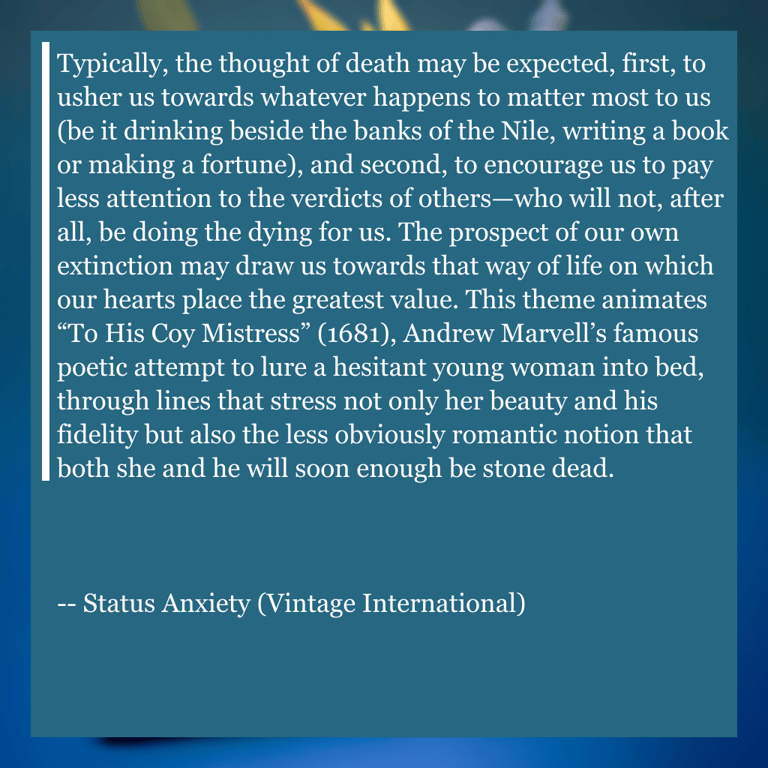
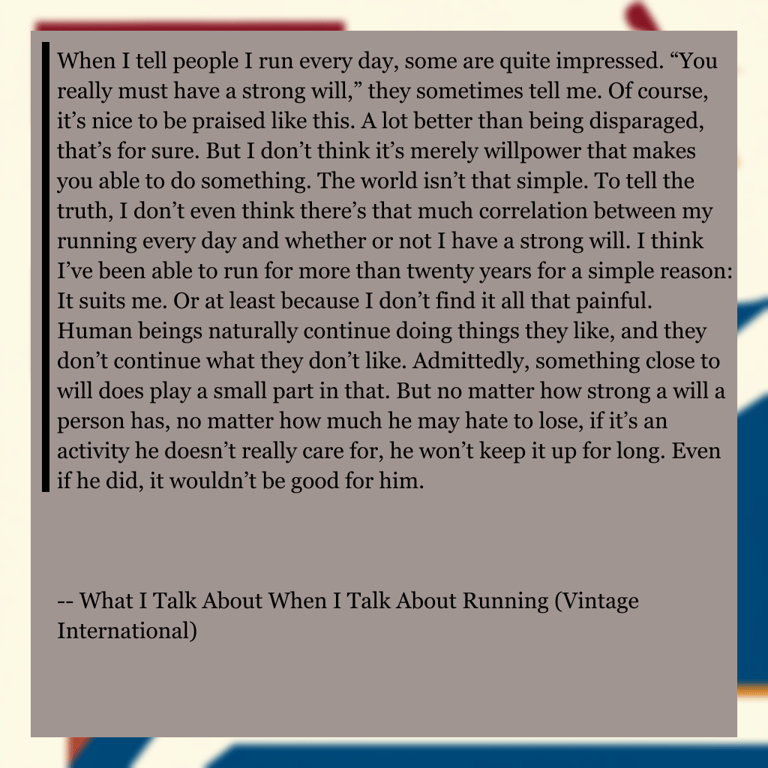




I watch these videos, read essays like "Patina and Intimacy," and feel this curious churn inside. Somewhere in the blurry boundaries of envy, thrill, and longing. I'm envious because a lot of pictures and items in these videos and essays look bewitching, mainly because they carry the weight of time — they're worn and loved for years. Software, though, it doesn't echo the same sentiment. It gobbles up the old as it races forward, much like trap music swallowed the raw edge of old school hip hop.
Working for beauty in software is what gets me up in the morning, but I confess, my CSS skills are a bit tragic. Likewise, tools like Unity, they're not my cup of tea. So, in my own way, I am, trying to carve beauty in code, to weave unique patterns in programming, to make something beautiful out of 0 and 1.


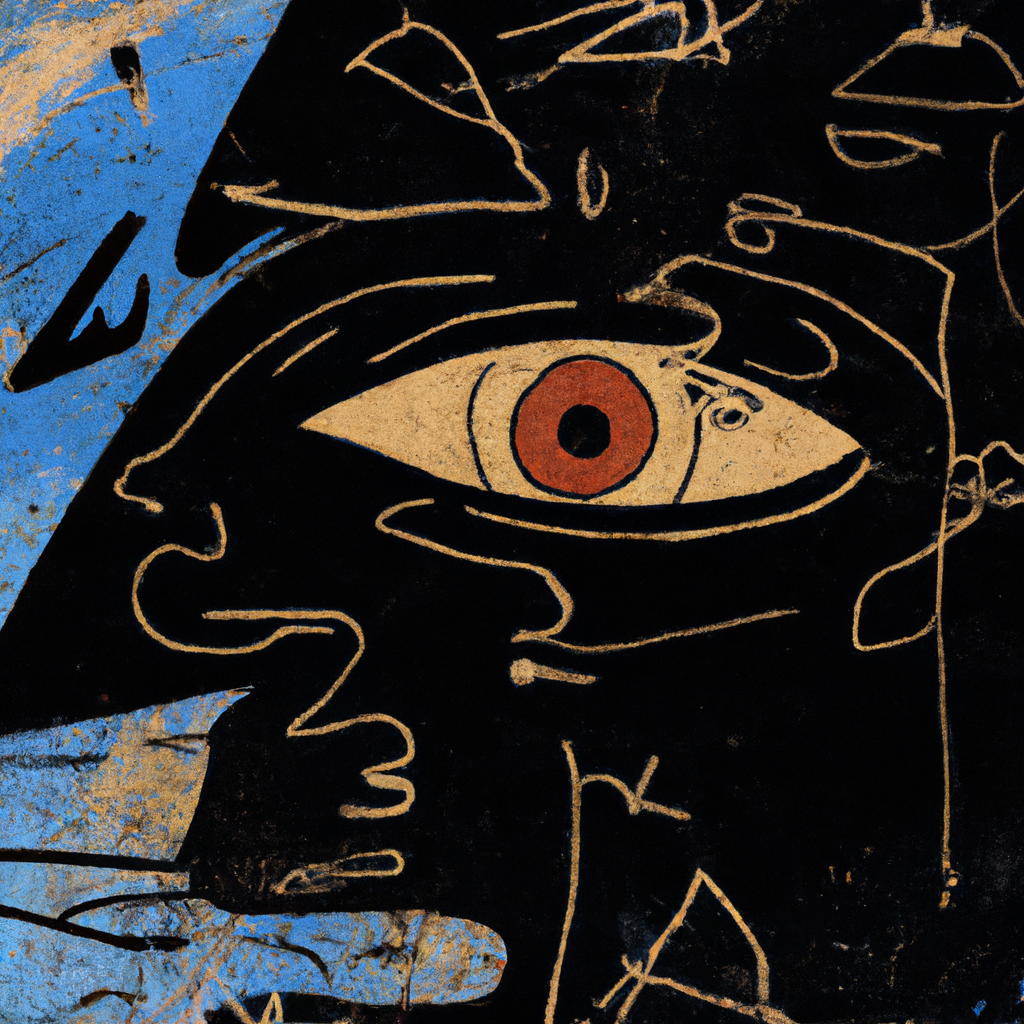
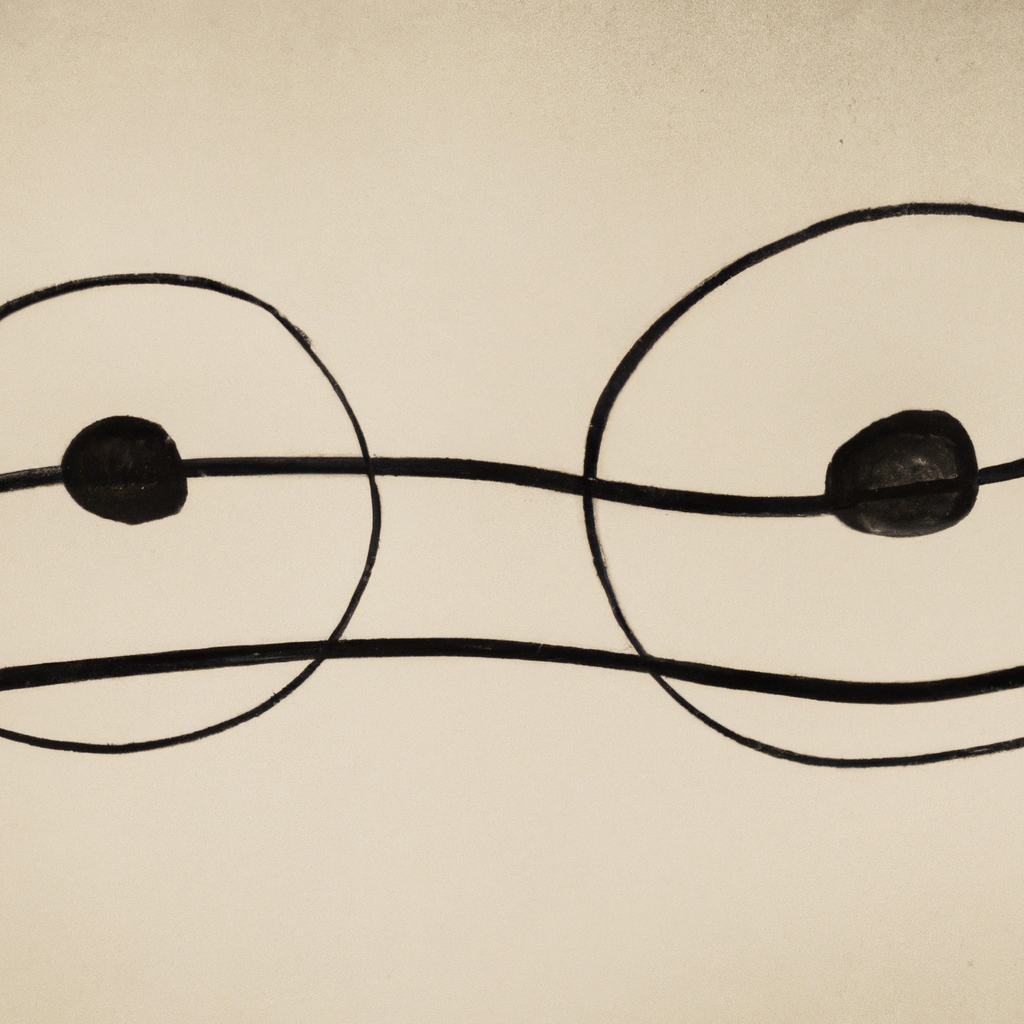
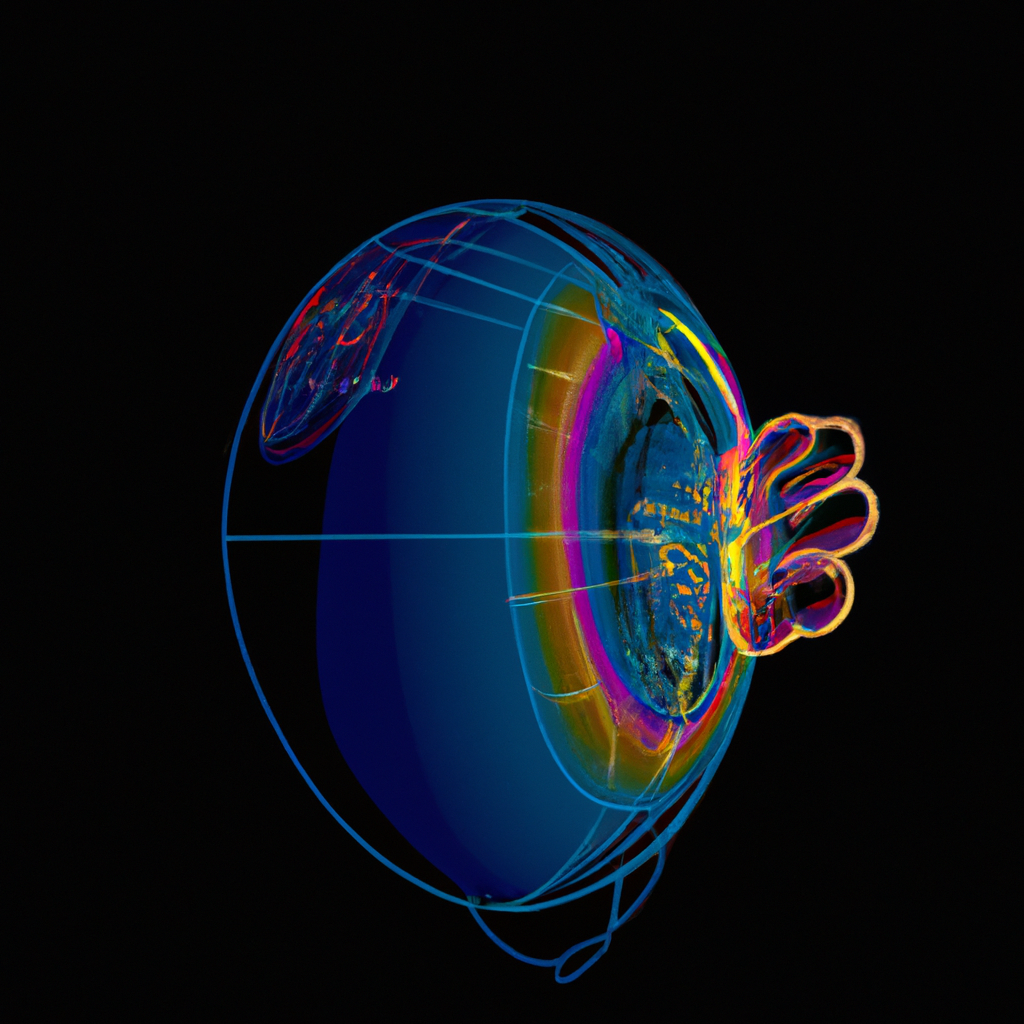

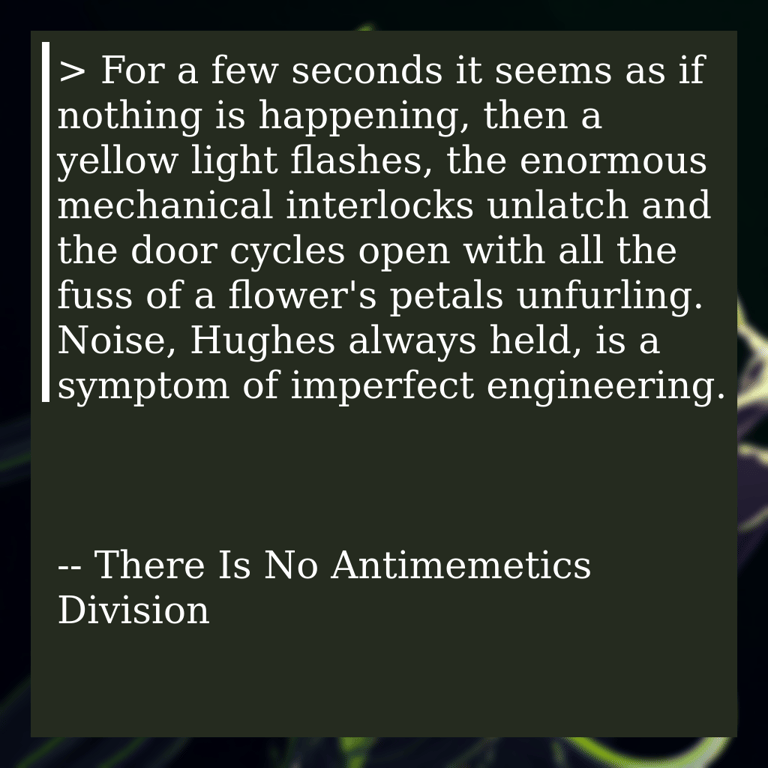

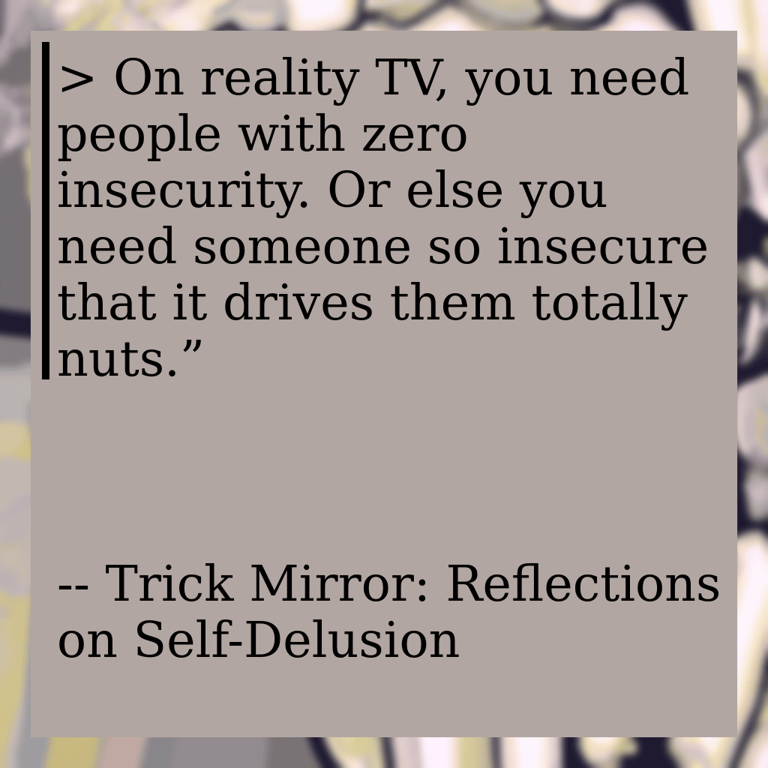
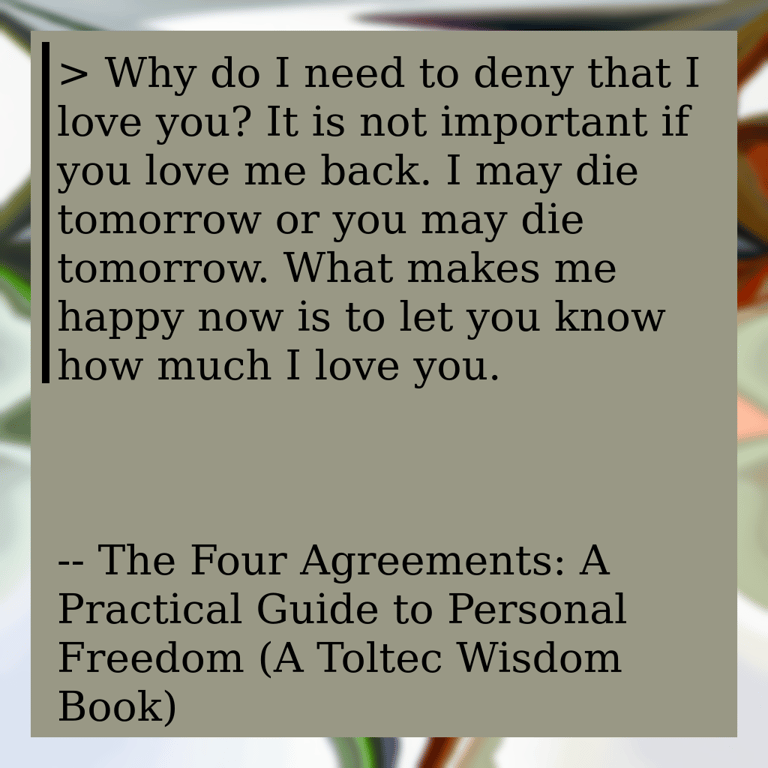
September 1 2023
Do you remember?
Reading is a critical skill to have. Lifelong education is power, flexibility, wealth and knowability. However.
Once you reach a certain amount of books read a few things happen:
- You forget concepts
- Ideas overlap
- You wonder how to leverage the knowledge in your life
- You want to reference quotes and parables
Why join the Discord?
- The most intense book recommendation system you’ve ever seen (I promise!)
- Win more arguments vs your friends citing real data
- Understand books and quotes from a new angle
- Visualize quotes as art to make inspiration pieces
- (Future) other helpful gpt commands that accept input fro things like Hacker News, Spotify, etc
- (Future) learn how to make your own data store and place it in a UX that makes sense for you. Specifically, learn about creative UX with embedded data
- A community of readers and an ai book club

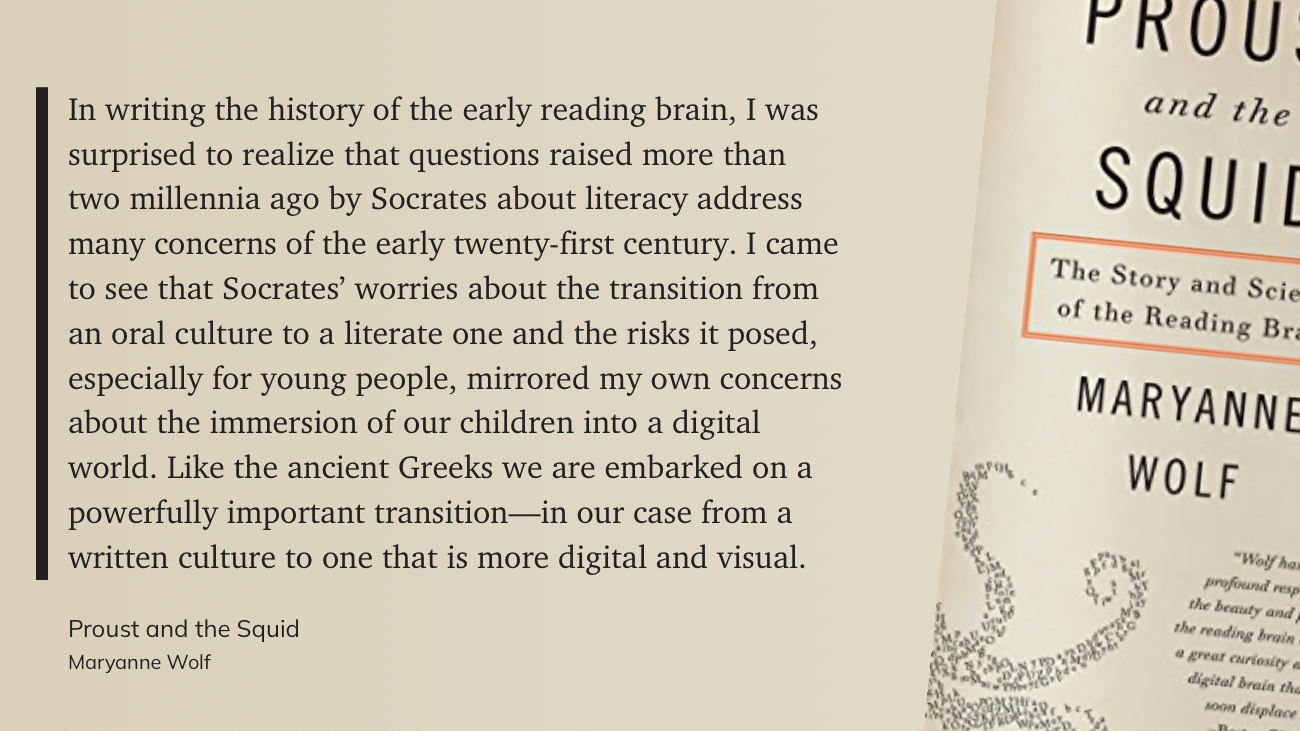
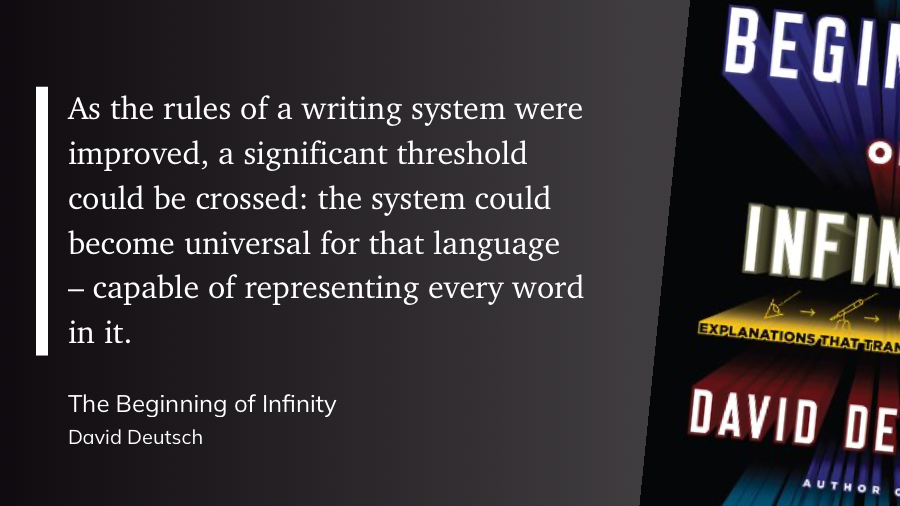
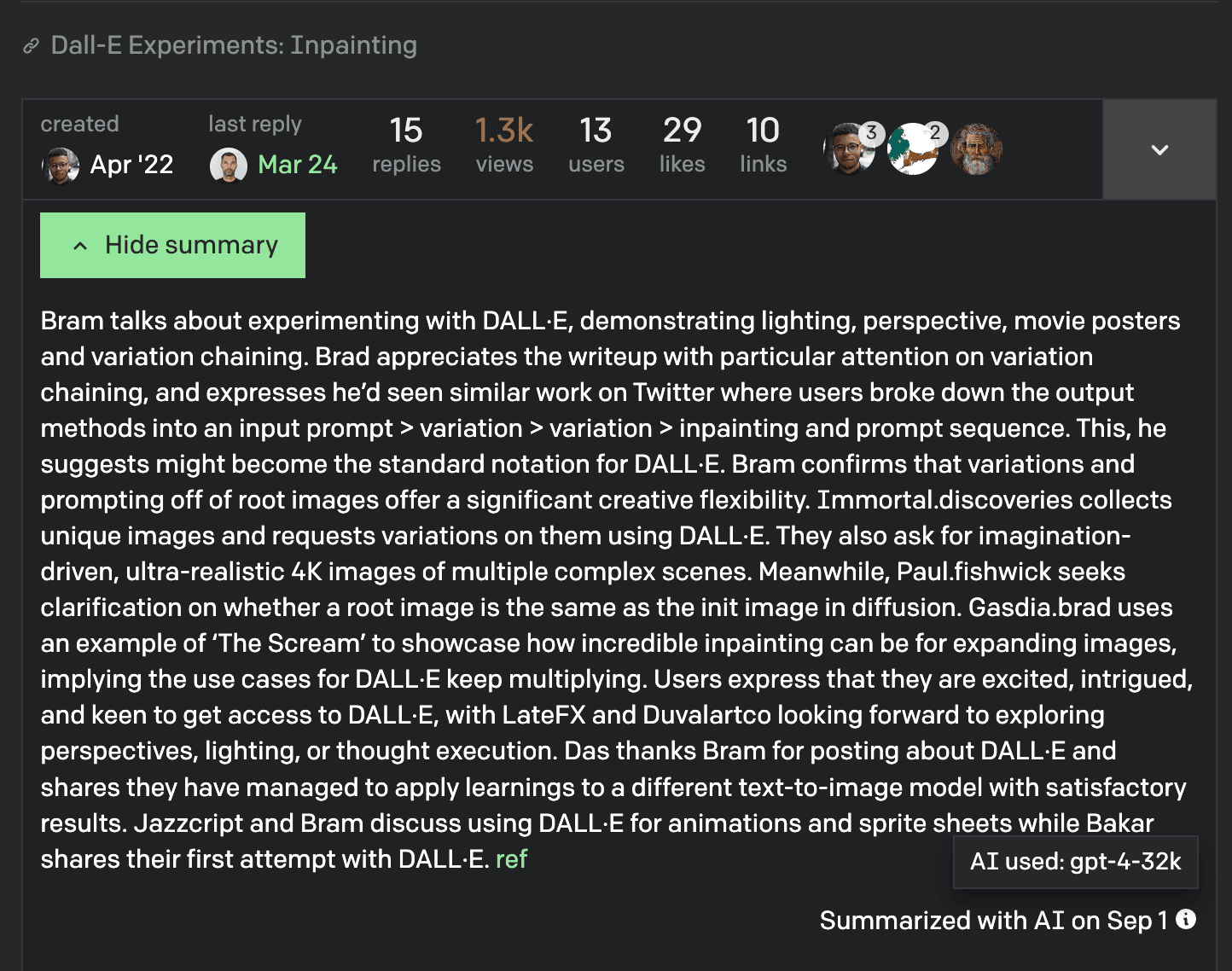


About 33 minutes and 50 seconds in, there's a segment on reading worth your ear. It's good!


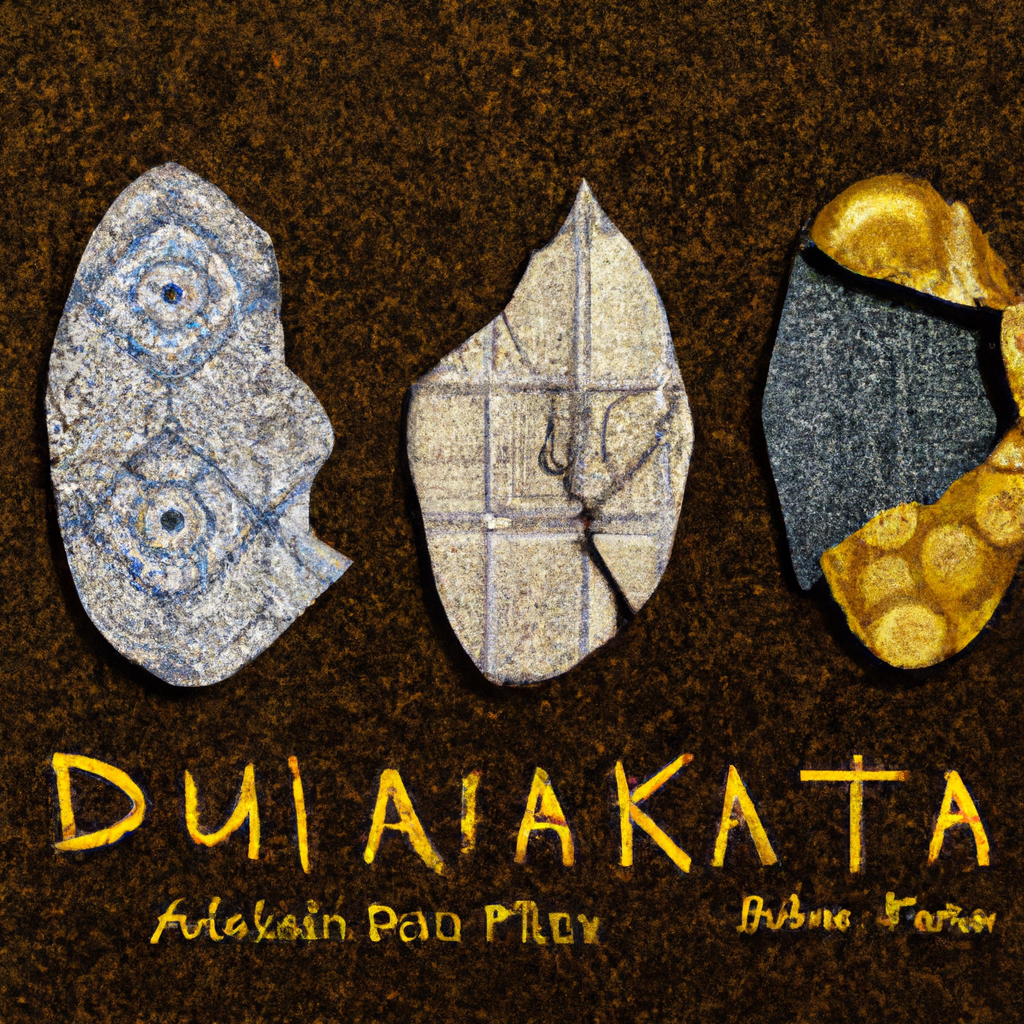
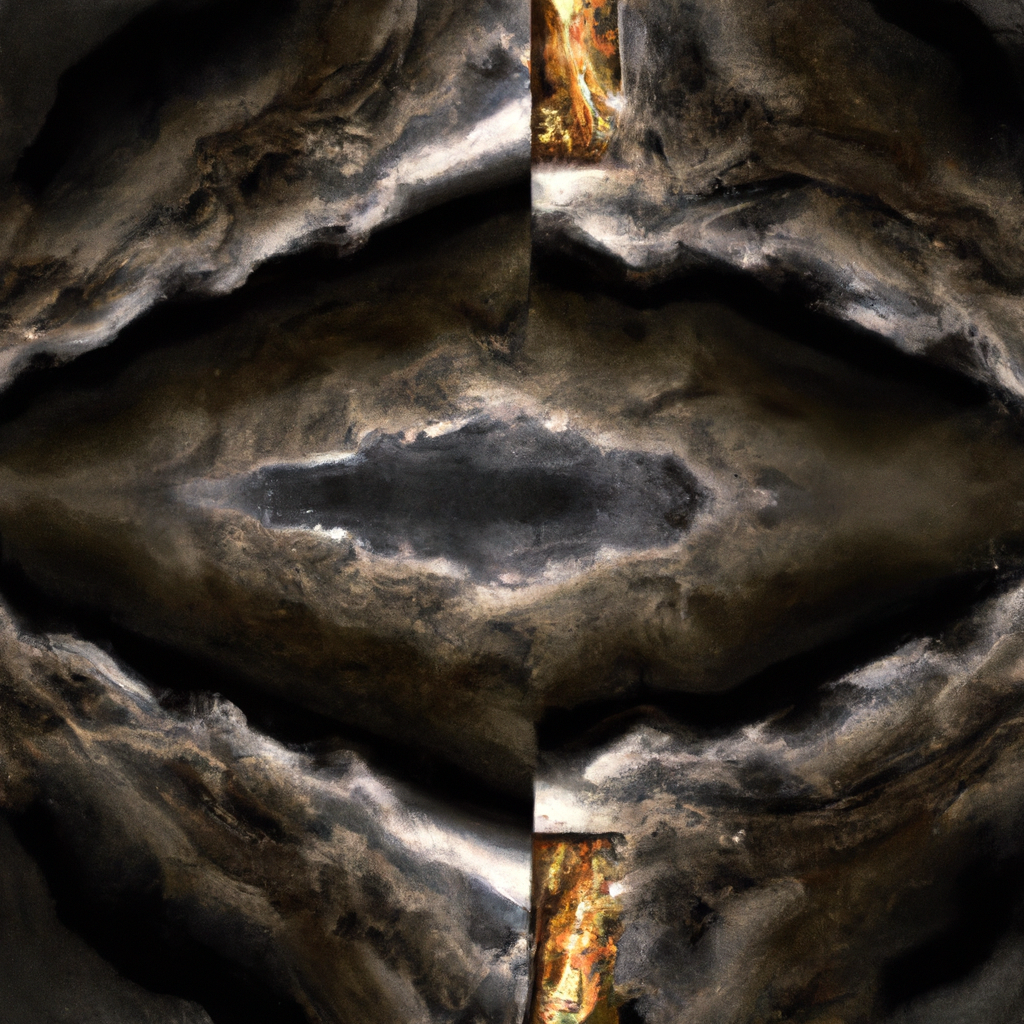

Self expression is the cornerstone of the Nen system.
